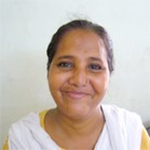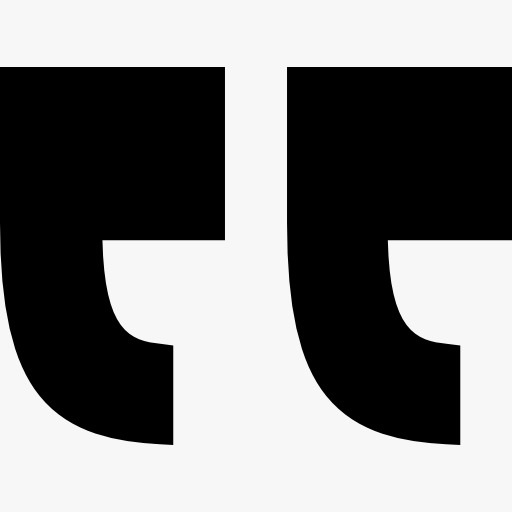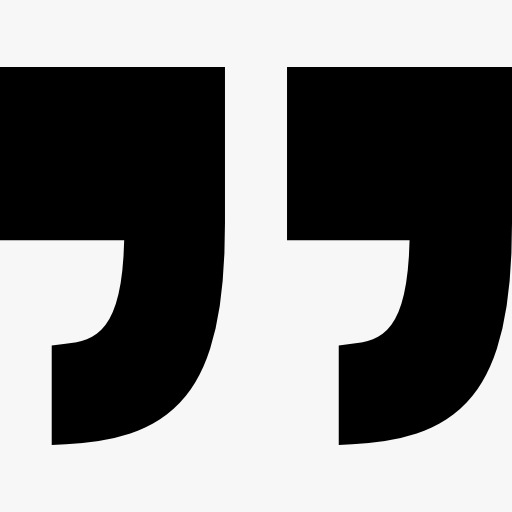Micro Finance
TOLLYGUNGE WOMEN IN NEEDTWIN’S Micro Savings & Micro Credit programme
This programme was launched in the late nineties. Currently, TWIN manages 28 Self Help Groups (SHG), formed with 10-15 members in a group. 294 women are involved in this programme.
What is a Self Help Group (SHG)?
SHG is a forum of women who have voluntereed to form a group for developing ways and means to improve their family situation and self dependence. Every month members save a predetermined amount as fixed by individual group members. The group members deposit their savings with TWIN, working as the intermediary, who in turn, keep the money in a single savings bank account, on behalf of all the groups. A part of deposit is always kept fixed to earn higher rate of interest for group benefit.
One or more group members may take a loan for undertaking their economic activities, to meet their social obligations or in case of meeting emergency requirements of money. Pass books are issued to all saving members and individual personal ledger books are also maintained. The accounts are audited every year.
Rules have been laid down for Micro Savings & Micro Credit programme. Members of each group meet at regular intervals to discuss their problems and other issues of mutual interest.
Why micro-finance is so important?
While people need institutions where they can safely deposit their hardly earned savings, the rigidity of formal banking rules and administrative procedures often kill the growth potential of the poor. Thus, one of the most powerful ways of opening markets to the poor is to ensure more equal access to credit.
Poor households are able and willing to pay even market rate of interest. They hardly mind cost of credit as it is more than offset by timely credit and rapidity of turnover. What they really need is micro credit facility as a start up capital for their micro enterprise or savings available in case of crisis.

 Kanu Bibi joined this programme in 2002. She saves Rs. 25 each month. She has already taken 4 loans. These loans allowed her to pay for a steel stick for her mother, for house repairing and for the treatment and the eye operation of her mother.
Kanu Bibi joined this programme in 2002. She saves Rs. 25 each month. She has already taken 4 loans. These loans allowed her to pay for a steel stick for her mother, for house repairing and for the treatment and the eye operation of her mother.

 Urmila Devi joined this programme in 2000. She saves Rs. 50 each month. She has taken 3 loans. These loans allowed her to pay for the funerals of her father, for house repairing and for atreatment for her daughter. At present, she wants to save money for her child future.
Urmila Devi joined this programme in 2000. She saves Rs. 50 each month. She has taken 3 loans. These loans allowed her to pay for the funerals of her father, for house repairing and for atreatment for her daughter. At present, she wants to save money for her child future.
